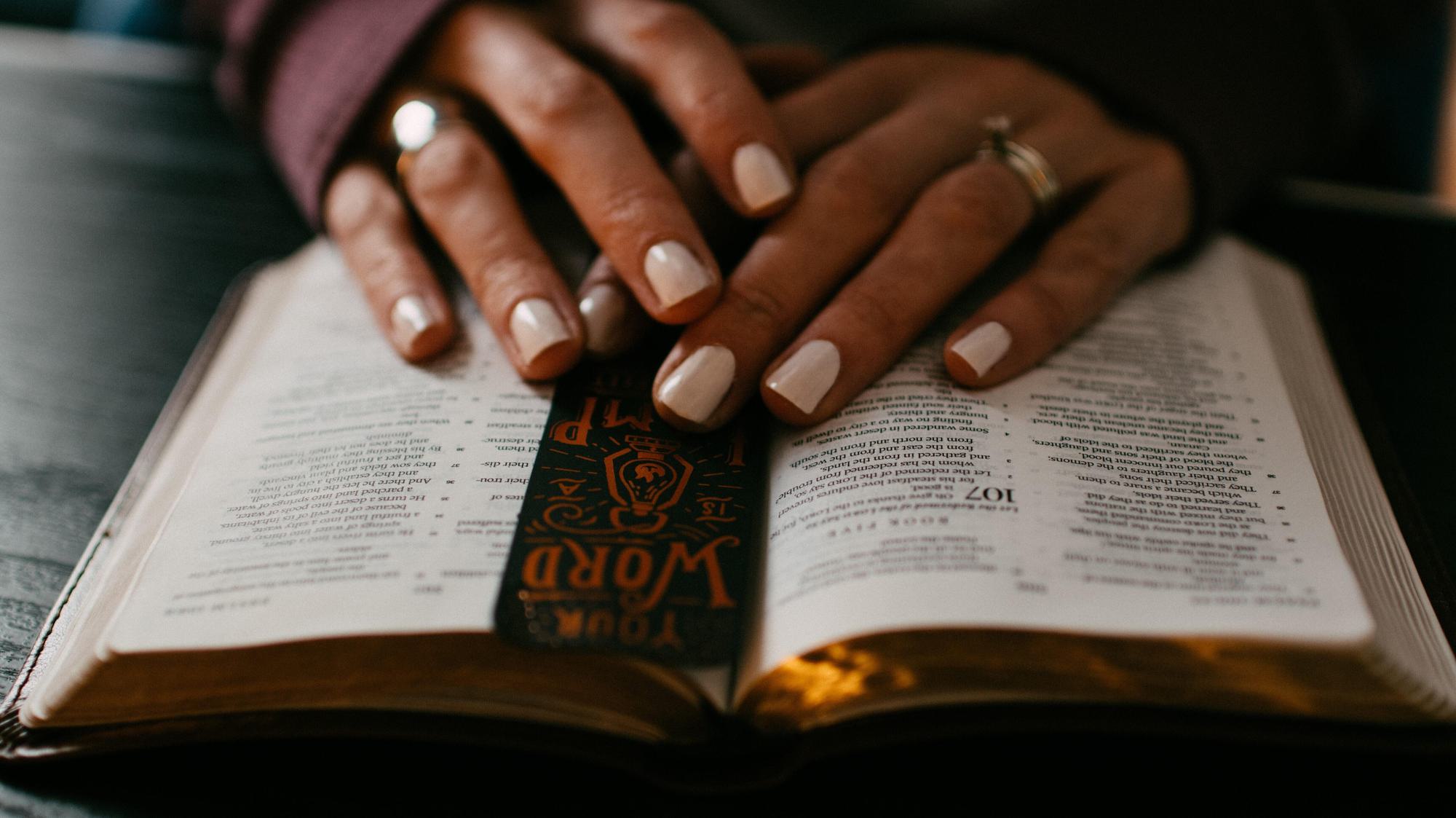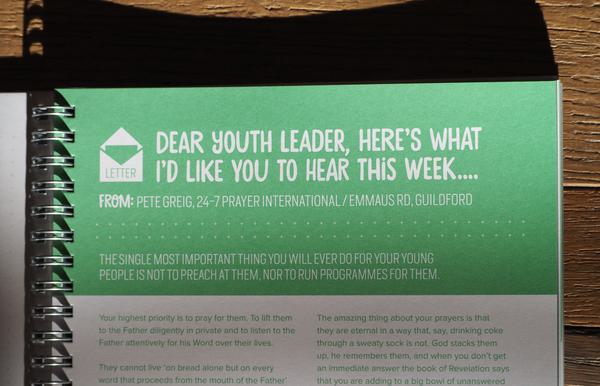Lucie Shuker draws on rich theological resources as she explores the place of God & faith in a time of overwhelming chaos, sadness and stress.
These are anxious times. Over the last few days I have found myself torn between feeling hugely connected to and concerned about my local community and feeling overwhelmed by the amount of noise on social media about people’s needs and the many ideas of what we could, or should, all be doing in this time. My thoughts are circling around three priorities, so I am articulating them to see if they help me make sense of this.
I think they go in this order.
1. Ground yourself in love
We believe we were created through and by love, and that God looks upon us ‘with eyes brighter than the sun’ (St John of Kronstadt). We believe we are known. Seen. Accepted in all our frail humanity by God who has reconciled us to love. Our first task is to remember that and find small practices that help us know it, not just intellectually, but emotionally. From a daily awareness of that love comes a range of other insights that ground us and keep us from falling apart. For example,
We can then remember that we are not God, and not able to control very much at all.
We can acknowledge the ways we are selfish. There is a grace that means there is no shame in this.
We know there is nothing to prove or achieve in a day, before we are loved completely.
If you don’t already have contemplative tools to ground you in these ways, this is a great time to explore them. Breathing slowly, centring prayer, liturgy, yoga, Lectio Divina. Then there are myriad other ways we can find and experience God’s love – seeing or hearing beautiful things often softens us to the voice of God.
In my community we start our week on a Sunday not a Monday. That’s important. Sunday is a day of rest, not productivity. A day for worshipping God through our limitations and lack, not our strength and contributions. It is a day to be with one another, and for that to be enough. In this time, perhaps we need to start each day as if it were Sunday, or at least create moments in each day that are about finding rest and joy in small things. This poem by Lyn Ungar captures something of this idea.
It might seem counter-intuitive or not very ‘Christian’ to start with ourselves. But this is not about saying you are more important than anyone else. It is about connecting to the source of life, or ‘remaining in the vine’ to use the metaphor Jesus himself uses. If we are not grounded in God’s love ourselves, we are less likely to be able to give to others.
2. Look after people in your life – bear with each other
Parents are going to be under severe strain at times. Couples are going to struggle. Those of us who are single will feel lonely. No, wait – we’re all going to feel lonely. We are going to need to dig deep to bear with one another, keep short accounts when we can’t get away from each other, and hold each other in mind when we can’t see each other. And no doubt we’ll need to remember the default moves from our own personal playbook of coping mechanisms, and how these prevent us from loving our friends and family.
"You can't fix it. You are limited...human. If you know God, you’ve got a source of hope there that is deep. But you still can’t fix it. When the stream is overwhelming, the requests for help, the demand for your attention – step back and turn it all off."
For example. I have noticed how quickly in an environment of heightened tension I have started to fall back into familiar ruses – ways of feeling secure. Usefulness? Yep. I want to be useful, and competent. Calm and in control? Yes – and therefore resentful and scornful of friends who have bought more than one of anything at the shops, despite utterly identifying with their feelings. I was on an online call with friends from church the other night, and my friend John read 1 Corinthians 13: 1-8 – twice in fact. It was so helpful, so I offer it to you.
"If I speak in the tongues of men or of angels, but do not have love, I am only a resounding gong or a clanging cymbal.
If I have the gift of prophecy and can fathom all mysteries and all knowledge, and if I have a faith that can move mountains, but do not have love, I am nothing.
If I give all I possess to the poor and give over my body to hardship that I may boast, but do not have love, I gain nothing.
Love is patient, love is kind. It does not envy, it does not boast, it is not proud.
It does not dishonour others, it is not self-seeking, it is not easily angered, it keeps no record of wrongs.
Love does not delight in evil but rejoices with the truth.
It always protects, always trusts, always hopes, always perseveres.
Love never fails."
You’ll have your own ideas for how to stay connected and not start hating everyone. My top three would be: one, to stop and breathe so that the emotion passes; two – find the humour – something here is funny, right?! And three…actually, it might just be those two.

3. Let God guide you to the actions that will help those in this and other communities
Finally. It is extraordinary that we have these multiple channels to remain connected to one another and share ideas and resources for living with isolation, social distancing, working from home, school closures, loss of income, strain on services and support for the vulnerable. It is also overwhelming. As we all know, rather than being able to engage with these things one at a time in the context of relationship, they are a disembodied stream of thoughts and ideas online, which in my experience can quickly lead to feeling anxious and confused.
Three quick thoughts on this one.
First, remember that you can’t fix it. You are limited, one eensy teensy human. If you know God, you’ve got a source of hope there that is deep. But you still can’t fix it. When the stream is overwhelming, the requests for help, the demand for your attention – step back and turn it all off.
Second, you have a wise and present guide in the Holy Spirit. We are not smart enough to know what to do in these situations. We can’t hold everyone’s needs in our heads or hearts. But you have a friend, a counsellor, a sustainer, helper and guide. Ask the Holy Spirit to guide your responses. The Examen is a really useful way of discerning where the life of God has been present in your day, and this is usually a clue as to what you should do tomorrow.
Third, your personality, vocation and strengths are probably the best guide for how you could think about your neighbours and those further afield during this crisis. In Romans 12: 6-8 Paul has some great advice on this.
"We have different gifts according to the grace given us. If one’s gift is prophecy, let him use it in proportion to his faith; if it is serving, let him serve; if it is teaching, let him teach; if it is encouraging, let him encourage; if it is giving, let him give generously; if it is leading, let him lead with diligence; if it is showing mercy, let him do it cheerfully."
In other words, while processing all the many demands and ideas and requests, draw on your musicality, your introversion, your administration, your humour or your ability to make home-made sanitizer in your brewing shed.
Right, well that’s told me.
Back to Netflix.







